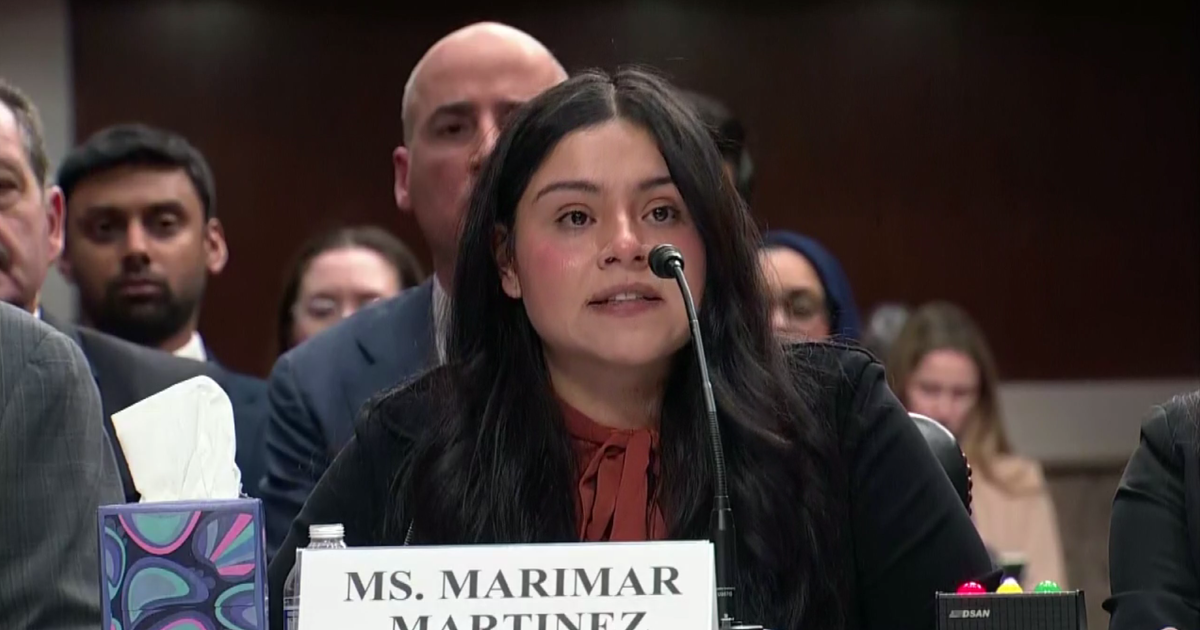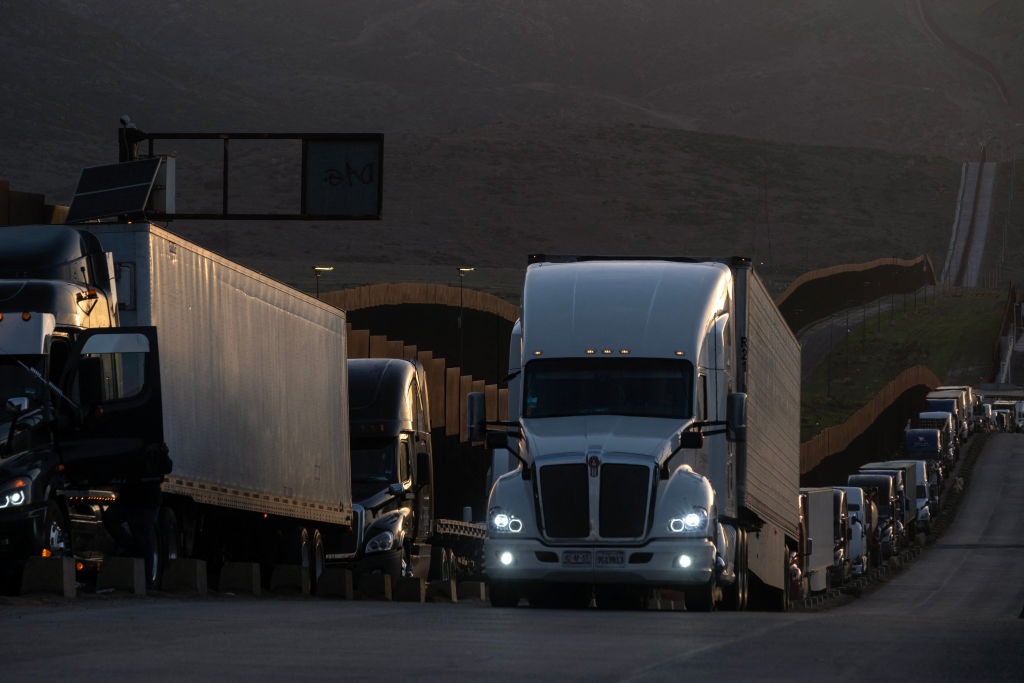Ford: U.S. tariffs on Mexico would do "significant" damage
- Ford Automotive President Joseph Hinrichs said Wednesday that U.S. tariffs on Mexican auto imports would have a "significant" impact on the car industry.
- Ford makes the Fiesta, Fusion and Lincoln MKZ in Mexico, along with engines and transmissions.
- 17% of the cars sold by U.S. automakers are manufactured in Mexico.
A top Ford Motor executive said Thursday that a move by the U.S. to impose escalating tariffs on vehicles and auto parts imported from Mexico would hurt the car industry.
Joseph Hinrichs, president of Automotive at Ford, told attendees at a Wall Street conference in New York City that the Trump administration's proposed tariffs on Mexican imports, including those for the auto sector, "would have a significant impact on the industry, ourselves included." Ford is less exposed to the measures than some of its competitors, he added.
"The core issue is not a trade issue. It's illegal immigration or immigration in general," Hinrichs said. "But of course, the trade tariffs get tied up in this topic, which makes it a little more complicated."
Ford manufactures the Fiesta, Fusion and Lincoln MKZ in Mexico, along with engines and transmissions.
The White House has threatened to subject all Mexican imports to a 5% tariff starting June 10 unless Mexico acts to halt the flow of migrants into the U.S. Barring a deal, the levies would rise 5% per month until hitting a cap of 25% in October.
Auto parts and vehicles top the list of goods the U.S. imports from Mexico, totaling $93 billion last year, while 17% of the cars sold by the Detroit automakers are assembled south of the border, according to Brandywine Global. The investment advisory firm estimates that new car prices in the U.S. could jump $1,500 or more if the full tariffs take effect.
Other U.S. automakers are also bracing for impact. Nearly quarter of Fiat Chrysler's U.S. sales are sourced in Mexico, according to UBS, while for GM the figure is 16%. Overall, 12% of U.S. car parts come from Mexico.
"Most trade in the autos sector is intra-industry, with some parts crossing the Canadian or Mexican borders as many as eight times during assembly," Andrew Hunter, senior U.S. economist with Capital Economics, said in a research note. "The Trump administration would be pressured to grant exemptions in such cases but, if tariffs were levied each time, the supply chains of some US auto firms would quickly become uneconomical."
Overall, a 5% tariff on Mexican goods, if left in force, could cause cause more than 400,000 U.S. job losses, economic consulting group The Perryman Group projects.
Discussions between U.S. and Mexican officials are continuing in Washington. Mexico on Wednesday offered to deploy 6,000 troops on its border with Guatemala to limit illegal immigration from the Central American nation, CBS News reports.
The White House faces a Friday deadline to issue a formal notice of the tariffs on Mexico, though whether it will proceed remains uncertain as talks between the countries continue and amid significant opposition from within the Republican Party. Vice President Mike Pence said Thursday the U.S. is "encouraged" by Mexico's latest proposals, but that the tariffs remain on course to take effect Monday.
-- The Associated Press contributed to this report.



